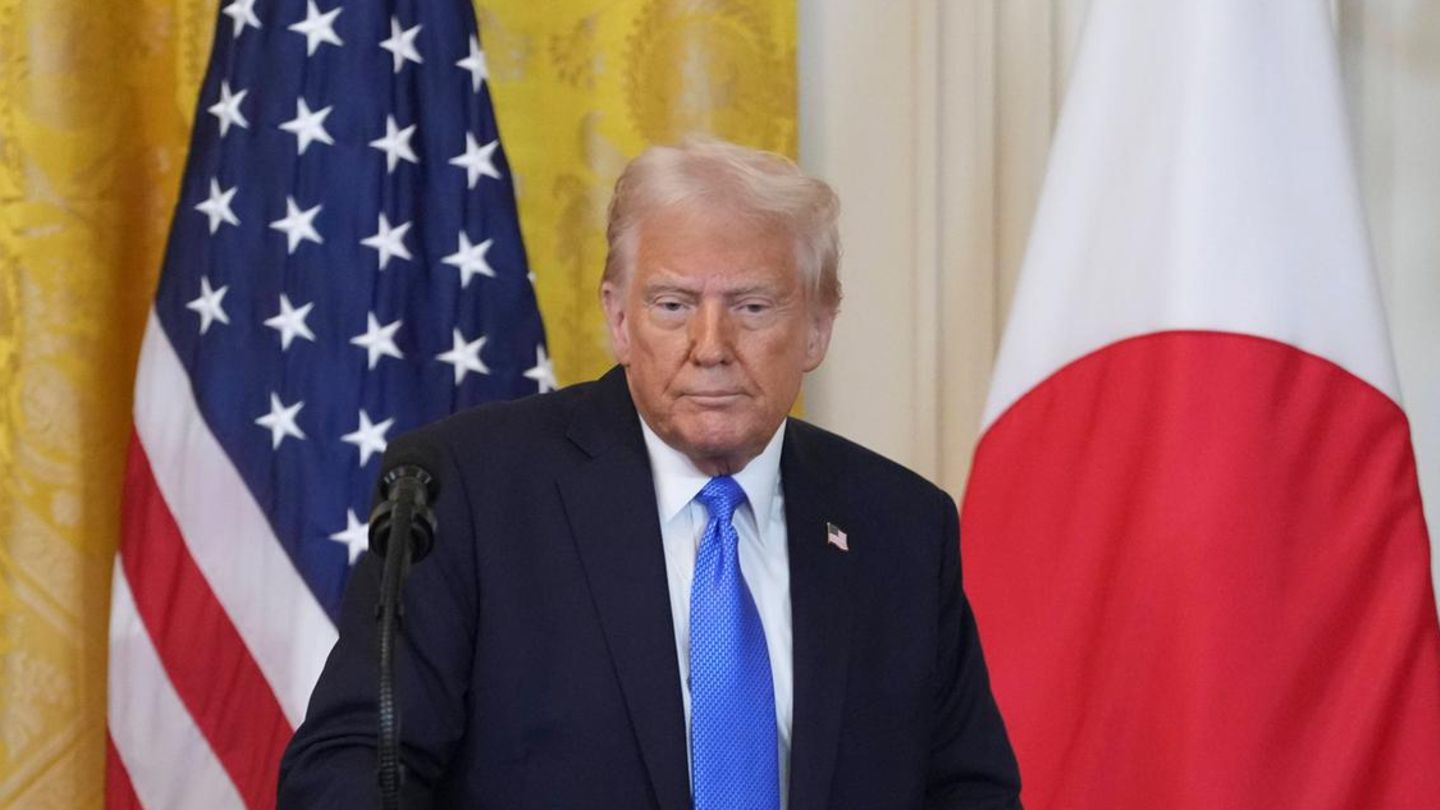According to the Economic Research Institute (Wifo), the economists at the Institute for Higher Studies (IHS) also advise against reducing VAT on petrol and diesel. Overriding the price signals would thwart the goals of reducing dependence on oil and gas and reducing CO2 emissions. More important would be targeted and generous help for low-income households, said the IHS experts Klaus Weyerstraß and Sebastian Koch yesterday at an online event.
A VAT reduction would be “much too imprecise”. “The richer households, which consume a lot of energy, would benefit,” and politicians would lose their steering effect as a result of this measure, says Koch.
- OÖN TV: High fuel prices – debate about state intervention
This video is disabled
Please activate the categories Performance Cookies and Functional cookies in your cookie settings to view this item. My cookie settings
The high energy prices are currently the most noticeable effects of the Russian invasion of Ukraine in this country. Assuming that nothing is exported to Ukraine, Russia and Belarus for a year, according to IHS economist Alexander Schnabl, the war will cause a loss of value added of around four billion euros, which would be 1.14 percent of gross domestic product (GDP) and corresponds to that the work output of around 44,000 employees. This also includes indirect exports via other EU countries such as Germany or Italy.
A bigger problem than the export side, however, is the import side, where Austria is much more dependent, which is now also reflected in the uncertainties and the high energy prices.
- OO Today: The rush of Austrian tank tourists to Hungarian gas stations is now having consequences. Some petrol stations have rationed fuel, and some providers have even run out of diesel.
This video is disabled
Please activate the categories Performance Cookies and Functional cookies in your cookie settings to view this item. My cookie settings
When it comes to energy prices, Koch assumes that the prices for petrol and diesel at filling stations will fall again next week after the price of oil has already fallen again. The situation is similar with the price of electricity, which reacts with a time lag to the falling gas prices. Historically, oil prices are not exceptionally high, prices were already at a similar level in 2014, and even higher when adjusted for price. The difference this time is that fuel prices were very low during the corona crisis and the increase was therefore particularly steep.
IHS continues to look for a boss
The IHS is still looking for a new boss. After Lars Feld, Guntram Wolff has now also canceled. Since Martin Kocher became Minister of Labor for the ÖVP in January 2021, the IHS has been without a manager. Wolff, previously head of the Brussels think tank Bruegel, announced yesterday via Twitter that he would head the German Society for Foreign Relations in the future. How to proceed is to be discussed in a meeting on March 29th. Franz Fischler, President of the IHS Board of Trustees, now wants to re-advertise the post that has been vacant for a good year. (hn)
Source: Nachrichten




